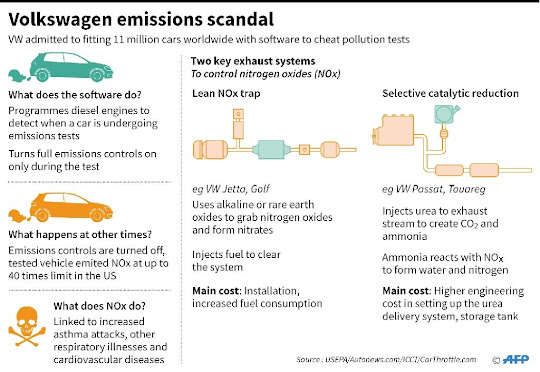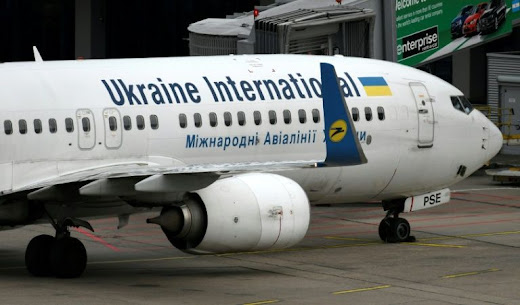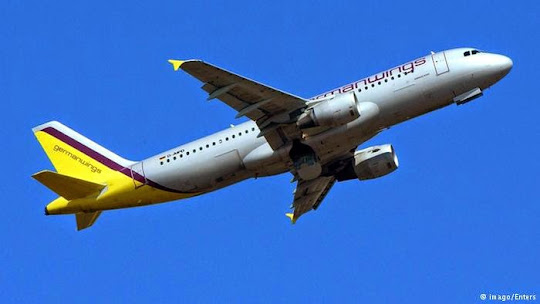Jakarta Globe, Lenny Tristia Tambun & Markus Junianto Sihaloho, February 19, 2014
 |
The Jakarta administration so far this year has received a total of 656 buses.
(SP Photo) |
Jakarta.
Jakarta Governor Joko Widodo is using the investigation of fraud into the Rp
113 billion ($9.6 million) purchase of new buses as shock therapy and leverage
to rid the city’s notoriously rigged procurement processes of corruption.
Joko and
his deputy, Basuki Tjahaja Purnama, vowed to bring those officials involved in
the markups in the purchase to justice, an unprecedented move that could set an
example of how the country could get rid of corruption in procurement
processes, where the state has allocated more than Rp 400 trillion this year
alone, making it the biggest potential source of corruption.
Joko vowed
on Wednesday to bring all corrupt officials to book, emphasizing the need for
stricter monitoring, management control and field inspections as his
administration starts to implement a number of high-value projects.
“We need is
better management of control. The city’s inspectorate office may be able to
handle the smaller ones, but some projects are very big and we don’t have the
necessary monitoring measures. That is what we want to do with the project
management office,” Joko said on Tuesday.
Among the
bigger projects undertaken by the government this year are the mass rapid
rransit project, the monorail project, the TransJakarta project and the
construction of low-cost apartments, all of which involve trillions of rupiah
from the city coffers.
“This is to
assist, monitor, control and audit the bigger projects. But we’re still
discussing it,” Joko said.
“The city
administration lacks control management, but it is impossible for me to check
[on the projects] directly. Even the inspectorate cannot do so. We are assisted
by the BPK [Supreme Audit Agency] and the BKPP [Financial Development
Comptroller]. The inspectorate currently monitors 57 budgets.”
Indications
of fraud have emerged from an investigation by the Jakarta Provincial
Inspectorate office into the purchase of new buses, after the units were
discovered to be unfit for use shortly after arriving in the capital from
China, where they were manufactured.
“I have
received the report from the inspectorate about fraud involved in the procurement
of the feeder buses and buses for the Integrated City Busway facility.
Apparently the irregularity was found in the tender procedure,” Basuki said.
The
inspectorate had initially found no issues in the administrative process of the
procurement, but eventually discovered several irregularities in tender
documents, including a significant increase in prices up to the process of
determining the winning tender.
“In China
[the buses] are supposed to be priced at Rp 1 billion, but instead it is sold
here for Rp 3 billion. So if you look at the documents, of course it is China
who benefits most, it is very clear,” Basuki said, adding that he would leave
the matter to law enforcement to probe.
Further
review
Basuki also
called on the BPKP to subject the documents to further review by financial
experts and those with knowledge of project implementation issues.
He also
indicated that those involved in manipulating the documents tozz conceal the
foul play, were Transportation Office officials responsible for the budget and
members of the committee involved in the tender process.
“They’re
all very smart. The tender committee is also full of problems,” he said.
Chairman of
the Jakarta Inspectorate office Franky Mangatas Panjaitan said they would be
summoning the goods receipt committee as well as the TransJakarta Management
Unit to clarify its findings.
“They will
be asked to provide information on the goods receipting procedure and documents
pertaining to the inspection of goods that were received,” Franky said.
He called
on the public to remain patient while waiting for results from the probe,
emphasizing that it was necessary for the institution not rush to any
conclusions when making its recommendations.
Franky
confirmed that there had been indications of fraud in the tender process.
“However
the city administration has not yet received all of the units so we can’t come
up with a general conclusion just yet,” he said. “We will have to run tests [on
the buses] and test their performance. Only then will we be able to make a
finding.”
The city
administration so far this year received a total of 656 buses, comprising 346
for the BKTB and 346 for TransJakarta. However, less than a month into their
use, 10 BKTB buses and five TransJakarta buses were found to be unfit for use,
with some of their components not working properly and being rusted.
Some people
have also called on the city administration to involve the Corruption
Eradication Commission (KPK) in its investigation.
“The
TransJakarta case is best handled by the KPK. We are calling on Basuki to be
proactive and report it to the KPK,” said Habiburokhman, central executive
board chairman for the Great Indonesia Movement Party (Gerindra), of which
Basuki is a member.
The KPK has
expressed its willingness to support city officials.
“If they
want to report it to the KPK then go ahead. However, as of today, we have yet
to receive any reports,” KPK spokesman Johan Budi said on Monday, as quoted by
Inilah.com.
The
procurement of goods purchased by government institutions have become very prone
to acts of corruption.
In the most
recent case, the Jakarta High Court sentenced former traffic police chief Djoko
Susilo to an 18-year prison term for his involvement in the graft-ridden
procurement of driving simulators.
Meanwhile,
in Banten, the KPK has also uncovered allegations of embezzlement in the
procurement of medical equipment for state hospitals in South Tangerang.
The central
government has allocated a total of Rp 201.88 trillion for the purchase of
goods and another Rp 205.84 trillion for capital expenditure in its budget for
2014.
Additionally,
the state has also allocated Rp 341 trillion to provinces and districts across
the country.
A recent
Indonesia Corruption Watch report showed that up to 98.12 percent of the 267
corruption cases reported in the second quarter of 2013 were in regional
government institutions, most in North Sumatra and East Java.
Last year
35 regional chiefs were mired in graft scandals, prompting ICW to warn of a
“corruption emergency” in the country.
























